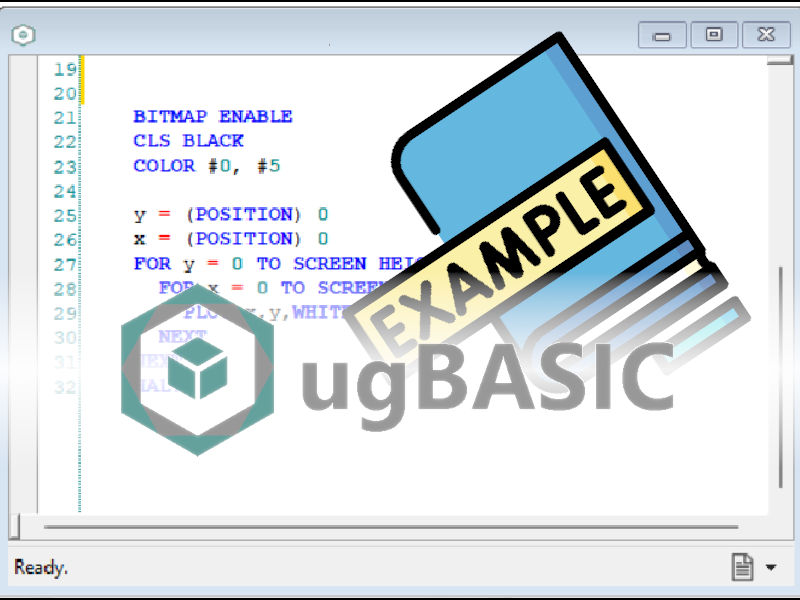MATHEMATIC ROUTINES: CHECKING SIGN / UNSIGN CONVERSION
This example allows you to verify that the assignment between signed and unsigned integer types works correctly.
source
compile
sandbox
issues?
back to examples


